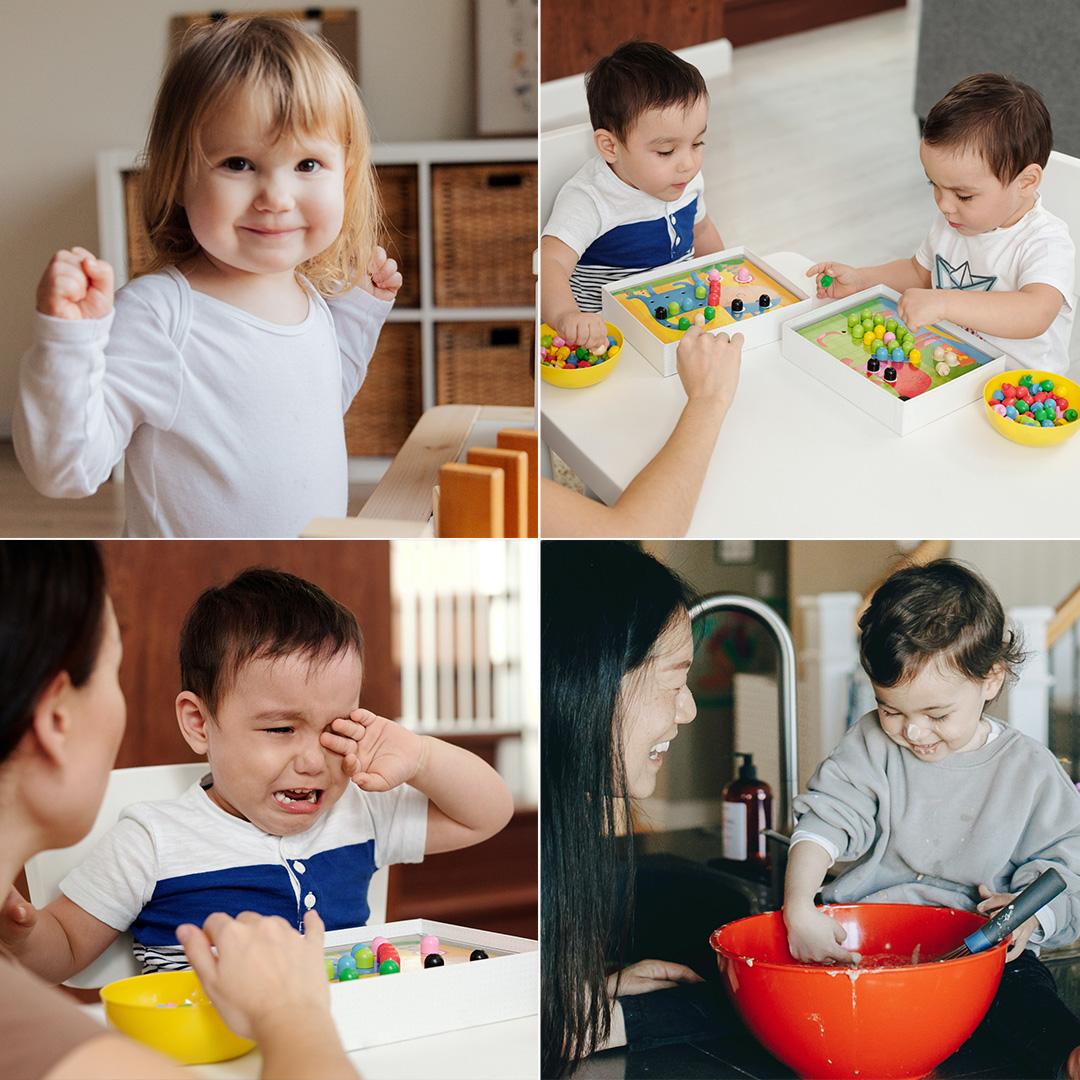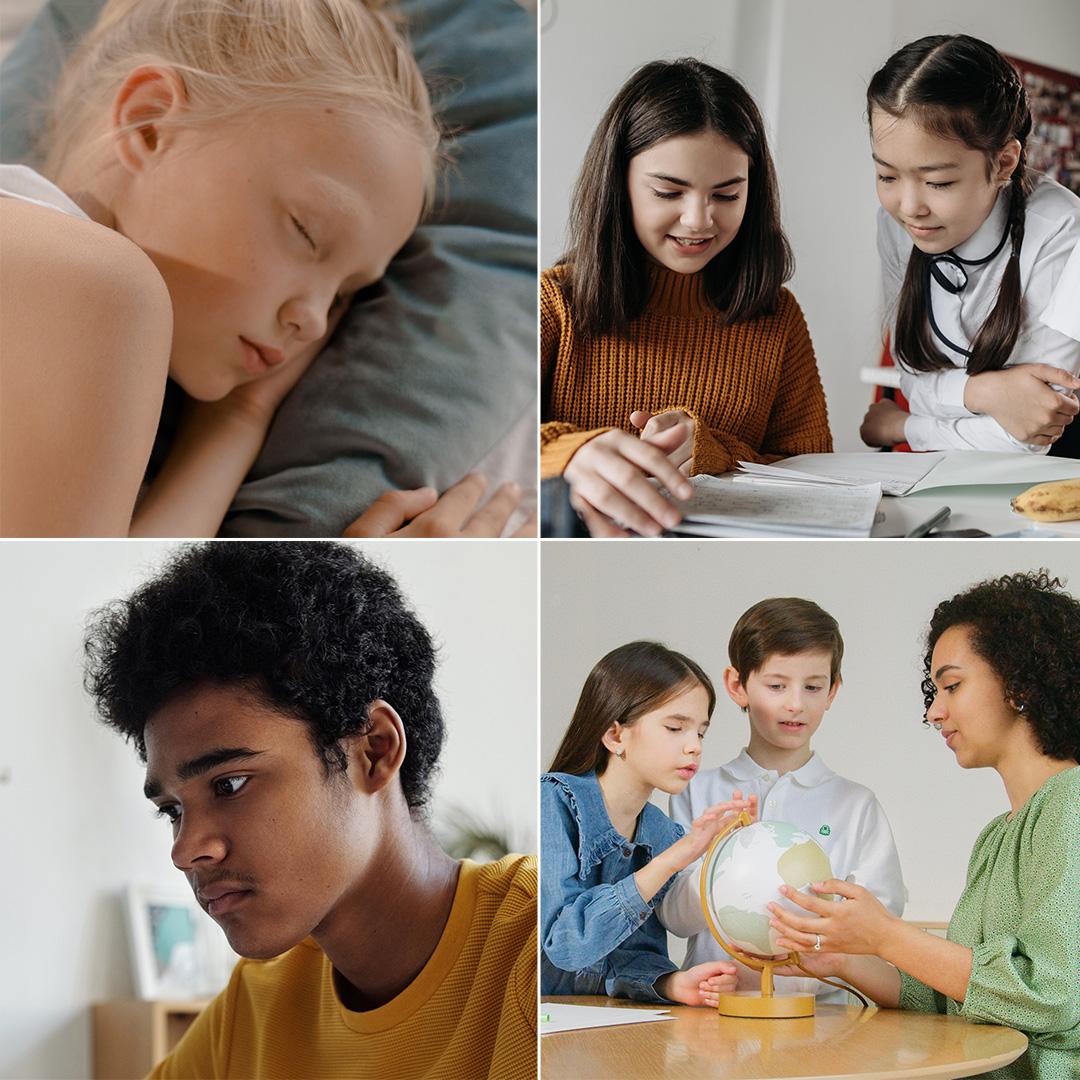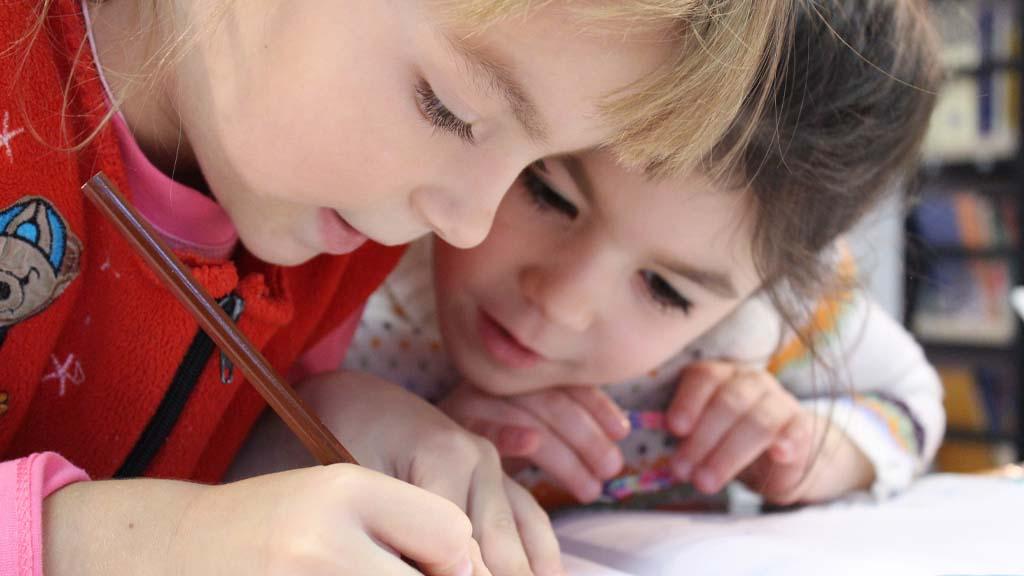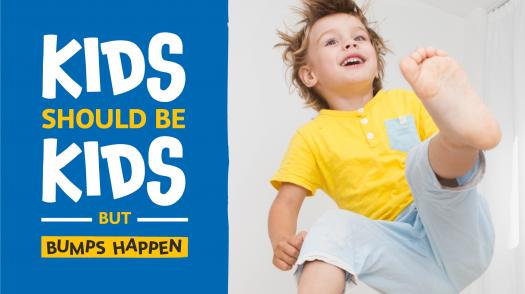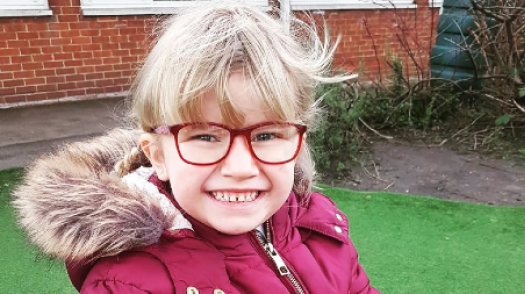On this page:
Most children will recover well after a concussion, but symptoms can persist for a few weeks or even months. It might be helpful to monitor your child's symptoms over the early weeks, noting any different behaviours and referring back to our information, such as the Guidelines on returning to school (or college/nursery/pre-school) & activity
If you notice things aren't quite right for your child or have ongoing concerns, you might find it helpful to use this symptom tracker about six weeks after the injury.
If you require further support over this six-week period, you can contact your GP and the Brain Injury Community Service.
When the doctor said our daughter had suffered a concussion, we were sent home with the advice of keeping an eye on her. We weren’t too worried, to be honest. Everyone has heard of concussion and we didn’t think it was too serious.
"But she really struggled to get back to her normal self, playing with her brothers and doing homework. She couldn’t concentrate and got tired very easily. It was then that we realised the full impact the concussion had on her. It took a lot of rest and several calls and visits to the GP for support and advice for her to fully recover."
Our symptom tracker has been designed to pick up common difficulties your child may have (but this is not to say that they will).
Please check the symptoms based on relevance to your child’s age. Should any of your child’s symptoms persist longer than six weeks, please contact us. We will be happy to work with you further to identify areas of need and provide more specific support, as required.


